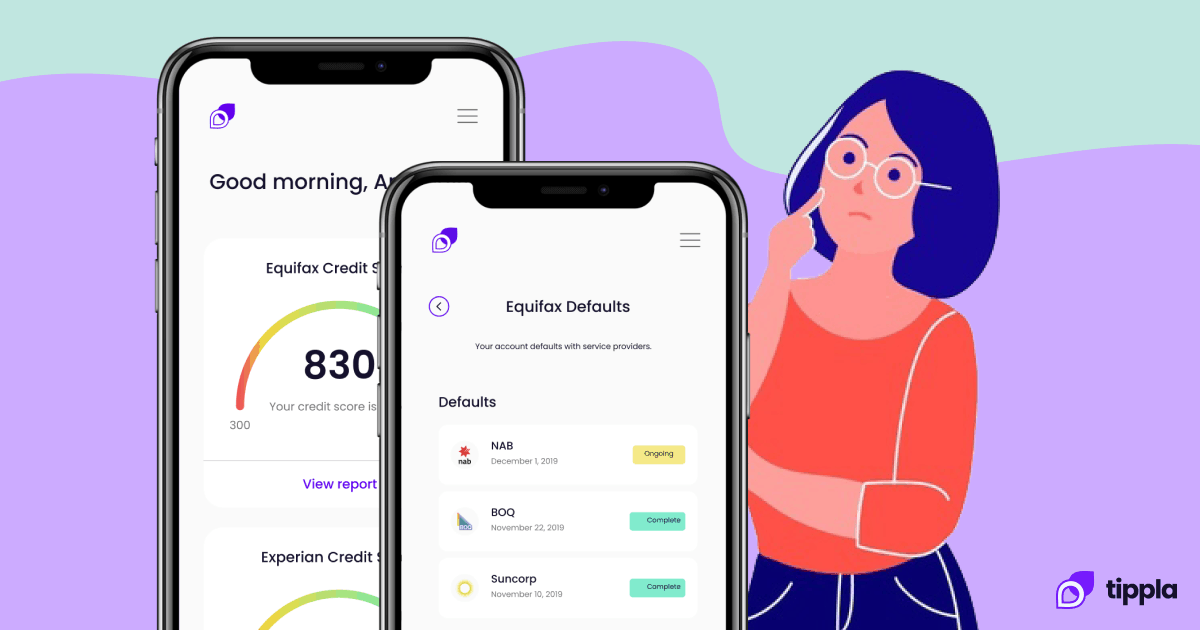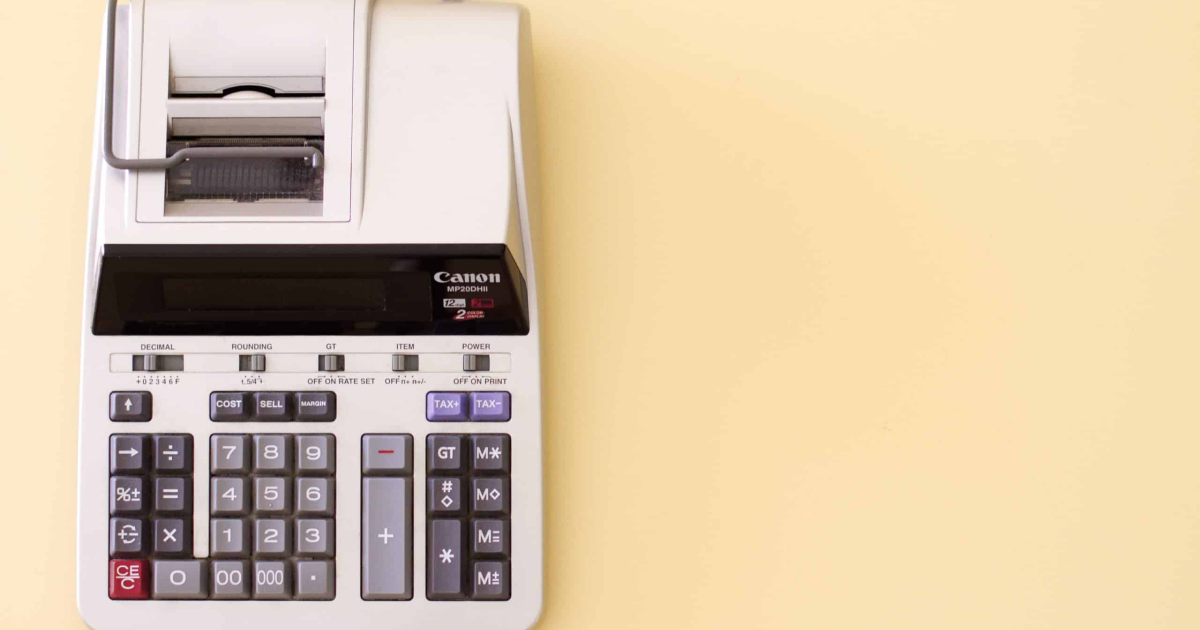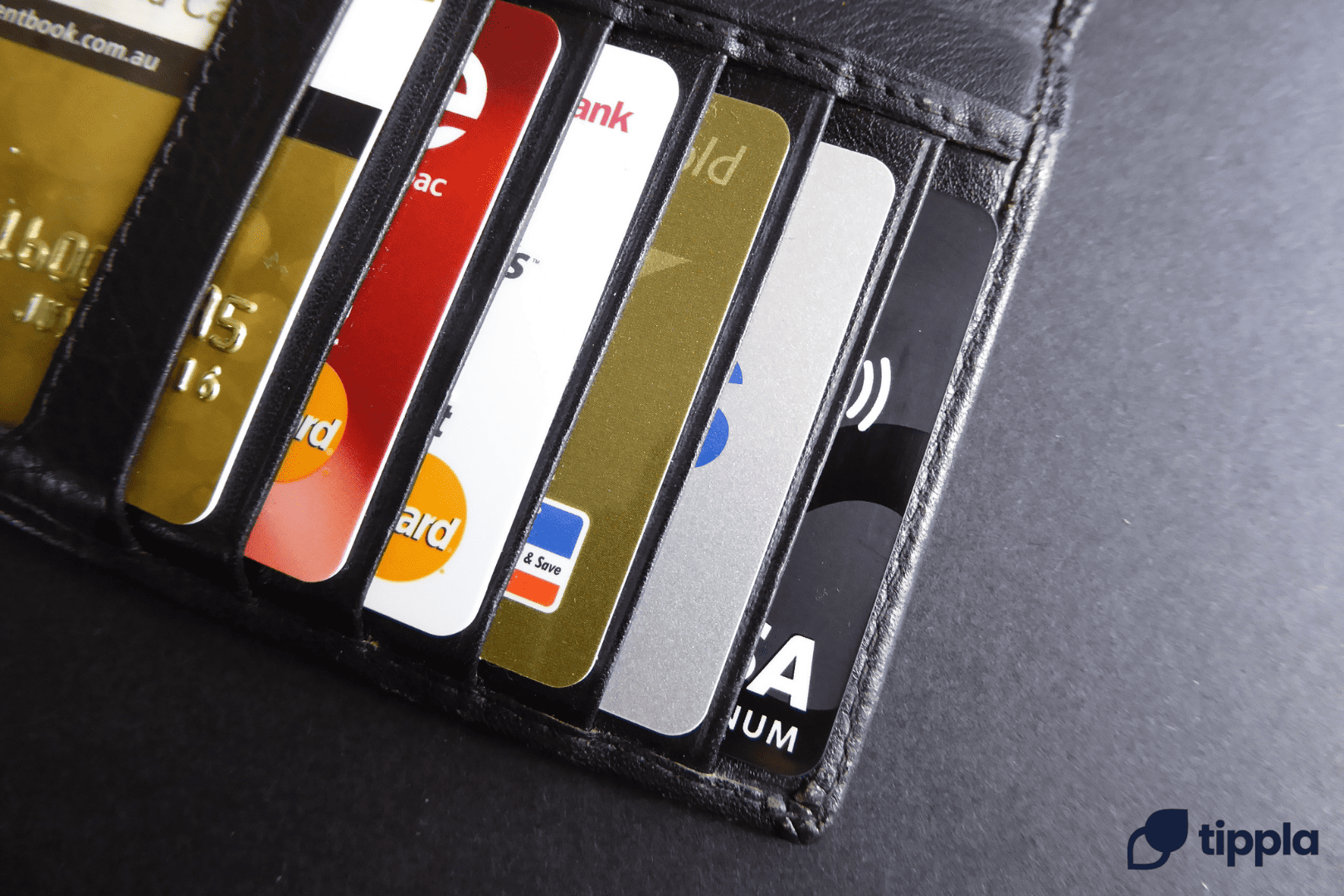Published in July 28, 2021
What is direct debit?

Essentially direct debit is the safest and most convenient way to digitally debit paychecks into your bank account.
Direct debit is a type of transaction that allows you to directly debit your pay into your savings or checking account. It’s a fully digital transaction, meaning it’s more convenient and secure. It also tends to be quicker than other types of transactions. Apart from getting your payment, you can also use direct debit to make payments. Those payments could be anything such as paying bills, rent, or even your mortgage payments.
Who’s eligible?
Essentially, anyone can use direct debit. It’s most commonly used for payslips. You can receive your salary through direct debit as long as your employer uses it too. It’s eligible for any employee regardless of the type of pay (hourly or annually).
How to sign up?
To sign up, you’ll have to complete an authorisation form. It’s a simple and quick process that can be done by your employer, real estate agent, or even your electricity provider.
Visit Moneysmart to read more about the direct debit.
How long does it take to set up?
The process may take anywhere from minutes up to 10 business days because of standard banking procedures. Therefore, some organisations may hire employees at the start of the paying cycle purposely. That helps authorise the process by the time the new employee receives their first payment.
Splitting your direct debit
You have the option to split your payments into different accounts. If you choose to do so, you’ll have to specify all the accounts on the authorisation form, including the specific amount in each. It’s best to always set up your payments the day after your payslip, so you’re guaranteed to have money in your account. You may face dishonour fees if your account overdraws.
Can I use a credit union account?
Yes, you can! You can easily direct debit into your saving or checking account regardless of which bank or credit union you’re with. It’s the same process for online banks.
Want to read more banking tips? Find out how transferring funds work here!
While we at Tippla will always do our best to provide you with the information you need to financially thrive, it’s important to note that we’re not debt counsellors, nor do we provide financial advice. Be sure to speak to your financial services professional before making any decisions.
Related articles

Will renters insurance cover a lost wedding ring?
29/07/2021
You’ve just been popped the question, and you’ve excitedly...

Who Looks at Your Credit Report? A Quick Overview
18/10/2021
In Australia, you have three credit scores and credit...


Credit Utilisation Strategies
22/01/2024
Understanding how to manage your credit wisely is crucial...
Subscribe to our newsletter
Stay up to date with Tippla's financial blog